|
Improving circulation is an important factor in helping sore, tight, and tired muscles recover faster. This is because good blood flow is essential for delivering oxygen, nutrients, and hormones to the muscles and removing waste products. When circulation is poor, it can cause muscle tension, fatigue, and pain, leading to slower recovery and reduced performance. Think of circulation and blood flow as the way that your muscles breathe. Circulation is also essential for activating the immune system, which helps repair damaged tissues and reduce inflammation. When the immune system is working efficiently, it can more easily break down lactic acid and other waste products that build up in the muscles during exercise, reducing muscle soreness and stiffness.
There are a number of ways to improve circulation and support muscle recovery. One of the most effective is to engage in regular exercise, such as cardio or strength training, which can help increase blood flow and improve overall cardiovascular health. Stretching and foam rolling can also help improve circulation by loosening tight muscles and promoting blood flow. As Myotherapists and Remedial Massage Therapists, we have a wide range of circulation boosting tools at our disposal.
Heat therapy, such as using a hot bath or heating pad, can also be beneficial for improving circulation and reducing muscle pain. Heat increases blood flow to the affected area, which can help relieve tightness and reduce inflammation. Finally, proper nutrition is important for supporting circulation and muscle recovery. Eating a healthy, balanced diet rich in nutrients like vitamins C and E, magnesium, and omega-3 fatty acids can help improve circulation, reduce inflammation, and support overall health. Our therapists are not able to give customised nutritional advice, but we always suggest maintaining good hydration, eating a diet full of colourful fruits and veggies, and ensuring you get enough protein - whether thats animal or plant based, we're not here to judge! In conclusion, improving circulation is a crucial aspect of supporting muscle recovery and reducing muscle pain and fatigue. Incorporating activities like exercise, stretching, massage, heat therapy, and proper nutrition into your routine can help improve circulation and speed up the healing process. Want help from our therapists? Book a time to have a treatment with us. By Jacqui Mulholland
Headaches and Migraines are a common complex and varied condition that may affect most of us at some point in our lives. The frequency, duration and intensity can vary, as well as the types of symptoms that can indicate whether you are experiencing headaches, or migraines. I used to be so confused about how to categorise my symptoms as a longtime headache/migraine sufferer. I would go to GP’s explain my symptoms, how they would affect me and the “cycle” with which they seemed to occur. They had a predictable pattern, and symptoms were usually quite similar each time, only varying in intensity and duration. My experience of these symptoms was often quite an unpleasant and fatiguing process. There was not much else offered as pain management at the time from my GP, the suggestions were pain meds, rest and reduce stress. This would leave me feeling a little bit deflated and helpless to do anything to change or at least manage my condition. My headaches were classified as “menstrual migraines” or “hormonal headaches”. There is a lot of confusion and unknown factors about headaches and migraines, and you wouldn’t be alone in feeling at a loss as to where you can go and the type of treatments that may help you. You should always visit your GP in the event that you suddenly start getting headaches or your headaches are changing. There are many different treatment options now for headache/migraine sufferers that weren’t available 20 years ago so it’s always worth mentioning any new symptoms to your main healthcare provider. So how do you know the difference between headaches and migraines? Well there are several different types of headaches and “Migraines” are just one of those types. The main difference between migraines and the other types of headaches is they may include some of the following symptoms (but not all)
As you can see these symptoms should not be ignored if you have never had migraines before or if your symptoms intensity or change as this could be an indication of something more serious. Always consult your healthcare provider as a first point of call. There are other types of headaches that have similar symptoms but are not classified as migraines: some of these you may have heard of: cluster, tension, sinus. These may present a little differently in terms of the location of the pain symptoms, and intensity can vary but don't usually present with the visual disturbances, heightened sensitivity or with nausea & vomiting. So whilst there is no cure for headaches or migraines, there are treatments and preventative techniques that may help. There can be certain triggers for you that you can help by avoiding. Certain foods, alcohol, getting enough sleep, regular moderate exercise, drinking water etc. In terms of prevention and management of your symptoms, that’s where remedial massage & myotherapy can be really beneficial. When you're experiencing an episode, you might notice that you will feel like your body needs rest and quiet time to recover. Overstimulation can often exacerbate symptoms. Allowing your nervous system and inner balance a chance to restore and calm down the pain sensitivity can really assist in managing the pain. Regular massage may help reduce the intensity & frequency of your symptoms, address any muscular tightness that may be contributing to sensitivity in the head, jaw, neck, upper back and shoulder areas. Remedial massage & myotherapy can provide an opportunity for your body to rest and receive nurturing touch, warmth, blood flow and may assist in improving sleep, reducing stress, regulating hormones & nervous system functioning. Your treatment may not get rid of your headache or migraine but it may help reduce the intensity and duration. I love working to help assist headache & migraine sufferers, because of my personal experience with the condition and knowing that remedial massage and myotherapy has helped me tremendously with the management of my symptoms. I know how good it can feel to receive that attention and touch to calm my hypersensitivity and I often have a really good rest/sleep following the treatment which makes so much difference to my ability to function. If you are a headache or migraine sufferer, come in for a massage and even consider regular treatments to manage recurring symptoms. This is a condition with complex clinical presentations but a very real pain experience for many people, and I’d love to help you feel and function better with less pain. I am available to help you on Mondays and Wednesdays 9.45am-2pm, Thursdays 2.45pm-7pm, and every second Saturday 9.30am-2pm. Book in with me or one of our myotherapists via our website: www.simplewellness.com.au/treatments-bookings I look forward to working with you! Getting a Remedial Massage or Myotherapy appointment is becoming even easier now that we have two new therapists joining our Rowville team! Join us in welcoming our two great new practitioners to the Simple Wellness clinic! Kel Levi will be joining us from Wednesday July 27th. Kel is an experienced Myotherapist who is currently working alongside AFL Premiers Melbourne Football Club helping their players during and after their matches. She's also a qualified personal trainer, and has a wealth of knowledge in the health and fitness realm. She has a great firm massage style, loves to use dry needling to help reduce pain and improve movement, and can use her extensive background in fitness and exercise to help you find ways to stretch and strengthen your trouble areas with ease. Myotherapy and Remedial Massage with Kel can be claimed through our HICAPS machine with private health insurers like BUPA, Medibank, HCF and all other health insurers. Kel will be available: Mondays and Wednesdays 9-12, and occasional Fridays (when Melbourne Footy Club don't need her expertise in the club rooms!) Colette Corr is our new student Myotherapist, who is starting with us on Tuesday August 2nd. Colette is a final year Bachelor of Health Science Myotherapy student, which means she's completed the vast majority of the 3 year Bachelor degree program and is down to the last few subjects, including student clinical hours. We'll be offering discounted treatments with Colette while she's finishing up her degree. In addition to Myotherapy, Colette is also a yoga instructor with over 5 years experience, and loves to work with people with chronic pain and hypermobility/Ehlers Danlos Syndrome. As Colette is a student, private health claims can't be made for treatments with her. Colette will be available: Tuesdays 2-7 and Saturdays (alternating between morning and afternoon shifts) As always, bookings with our team of fantastic therapists can be made instantly online or by phoning us on 03 8204 0970.
Like a proud mama bear, I am so pleased to congratulate Duke on his graduation from RMIT with his Advanced Diploma of Myotherapy! If you've already had a treatment with Duke, you'll know that he is pretty top notch! His knowledge of body mechanics and movement are exceptional, and he's wasted no time in putting new advanced skills into practice while he's been studying his Advanced Diploma over the last year or so.
He is also our go-to recommendation for anyone who loves a firm deep tissue massage - Duke is strong, and knows how to get the best angles to apply that intense level of firm pressure for those who need it. So what will change now that he's graduated and earned his Myotherapist title? To be honest, not a lot, because he has been integrating his knowledge as he goes. What we do hope will change is his availability!! Now that he's no longer spending time studying, we hope to be able to offer more appointments with him in the near future! He is now qualified and insured to offer Dry Needling treatments - however, we know there is a bit of a misconception where a lot of peoples understanding of Myotherapy is that its simply "a massage with added needles", but this is not the case! Not all Myotherapists choose dry needling as a go-to treatment option, and in our clinic we often try for less invasive techniques before using needles. For people who already know their body responds well to needles, it can be a fantastic tool to get quick changes in the muscles, but don't be put off from booking with a Myotherapist if you are scared of needles. Needles are just one tool in our very broad tool kit! Congratulations again, Duke, on persevering with your studies throughout the pandemic. We know that its been hard for students to maintain their focus and commitment especially to very hands on courses like Myotherapy when there have been so many campus closures and restrictions around being able to complete classes and student clinics. If you have never had a treatment with us before and are wondering what it is all about, let’s explore things step by step here and hopefully answer some of your questions to allow you to feel more confident in making your booking, and at ease with the process once you arrive. PAPERWORK
If you have made your booking online, you will have received a confirmation email & text with a link for you to complete our new patient form. This information is necessary for us to be able to proceed with your treatment. The more information you can provide on this form, the more we are able to take into consideration your holistic health and tailor your treatment accordingly. We currently offer 30 min, 50 min, 60 min and 80 min appointments. Prices can vary depending on the therapist. See “Treatments & Bookings” page on our website for current prices. If you have not been able to access this form to complete online, when you come in for your appointment you will be given a paper form to complete with your contact details. This form will also allow you to choose whether you consent to other methods used in the clinic such as dry needling, cupping & taping. These will generally not form part of your Remedial Massage treatment, however if you are referred to or choose to see one of our Myotherapists these may be techniques our Myos find beneficial for you. CONSULTATION Once the paperwork is complete you will be taken through to the treatment room by your therapist. You can take a seat on the chair provided, and your therapist will sit with you and begin the consultation. If we have your completed online form, we will reference this to begin asking you questions regarding your reasons for coming in for a treatment. Here we will discuss what you would like to address in the treatment, explain any symptoms you are experiencing and let us know what your treatment goals are. We will ask you questions specific to your symptoms to gain more information to devise a treatment plan for you for the session. This may include performing some passive or active physical assessment tests to ascertain how you're moving and if there is any restriction in your range of movement and other conditions we can test for. We will explain what the treatment will entail, which areas of your body we will be focusing on, how much to undress for the treatment, and how the draping will work. We will ask for your informed consent about our plan for your care and if there is anything you would like to add or omit before consenting to the treatment. Keeping in mind that we will be prioritising your main concerns first. We will give you clear instructions on how to get safely on and off the table and how to change positions. Once the consultation is complete, we will leave the room for a couple of minutes to enable you to remove the clothing required and place yourself on the treatment table, covering any exposed areas with the towel provided. We will knock on the door, ensure you are ready and under the towel on the table and we will come back into the room to commence the treatment. TREATMENT We are here to ensure that you are as comfortable as you can be while receiving your Remedial Massage. Please always communicate with us if something doesn’t feel right, or if you’d like to change position on the table before starting or at any time during the session. Sometimes a change of position is needed to access different muscle groups or to perform certain techniques. We suggest moving and changing positions carefully and mindfully so you can settle into the new position easily, letting us know if you are needing support to do so. We will maintain adequate draping throughout your entire treatment, we usually only need to reveal the part of the body we are targeting then we cover you back up before moving on. If at any stage you feel comfortable or cold you may request to be covered back up or add extra layers of coverage. For some treatments you may not need to remove any clothing, and for some you may wish to have the minimal amount of clothes so that we are able to make direct contact with your skin. Again you are in control of how comfortable you feel with your level of undress. We can work through clothes in certain circumstances. You will however always be asked to keep underwear on at all times. During the treatment, you will be asked for pressure feedback. This is to ensure that you are able to comfortably tolerate the amount of pressure being used on your body. Every therapist is different and has variable pressure and techniques that might feel new to your body. You are the one who is always in control. You are free to let us know at any time if you would like to change the pressure for different muscle groups. Firm pressure doesn’t necessarily equate to better outcomes for you. There are many techniques that your therapist can use to help you achieve great results, and they may not all feel deep or firm at the time. We are well trained and experienced in our field, and no matter what we do or don’t do in your treatment, we can’t predict for sure how your body will respond. It’s our first job to ensure that we do not cause you any harm and then to assist your body to heal and repair itself. We are not the healers, your body is the healer. We will support your wellbeing and help facilitate the recovery process. We will often give you some suggestions to further support your wellbeing and recovery at home. These may come in the form of exercises, stretches, and homecare advice that we believe will continue the work we have begun in your Remedial Massage treatment. CONCLUSION At the conclusion of your Remedial Massage, we will leave the room again giving you a few moments to get up and re-dress. We will then come back into the room once you are ready and reassess how you are feeling after your treatment. You may be required to repeat an assessment test as you performed before treatment to see if there is any immediate improvement in your range of motion. Please tell us if you are feeling at all unwell, dizzy or lightheaded once you arise from your treatment - this isn’t unusual as you move from laying down to standing up, and usually resolves quickly. We advise that you sit for a few moments before standing up, take your time to reground yourself before leaving the clinic. We will join you in the reception area to complete the payment and any private health insurance claims you may be eligible for. We have a HICAPS terminal for your convenience, so you can claim your treatment on the spot and simply pay the gap payment. Contact your health fund if you are unsure whether you can claim for Remedial Massage. This is usually an extras cover, and individual health funds vary as to how much they will cover for your Massage. You will be offered to rebook your next Remedial Massage appointment again before you leave, locking in the time, date and the therapist of your choice. As we are a busy clinic this is a great option to ensure you have your next appointment booked before you leave so you don’t forget, or miss out on following up with your preferred therapist. However if you prefer to book yourself in online at a later time, we have a very user friendly booking system that you can access anytime and choose what we have available. Keep in mind that we might not always be able to accommodate you on short notice, so booking ahead is highly recommended. I hope this has given you more of an understanding of how we work and what your typical Remedial Massage treatment at our clinic may consist of. We are happy to answer any questions you may have about your specific needs and conditions. Please feel free to email us at [email protected] or give us a call on 03 8204 0970. Be well. Jacqui Mulholland Remedial Massage Therapist |
Meet Our Team
We have a team of great practitioners available 7 days a week at our Rowville clinic. Archives
July 2024
Categories
All
|
Got a question about Myotherapy?
Contact Mel by phone, email or Facebook
|
Simple Wellness Myotherapy & Remedial Massage Clinic
Shop 12B 150 Kelletts Rd Rowville VIC 3178 |
Phone us on
03 8204 0970 |

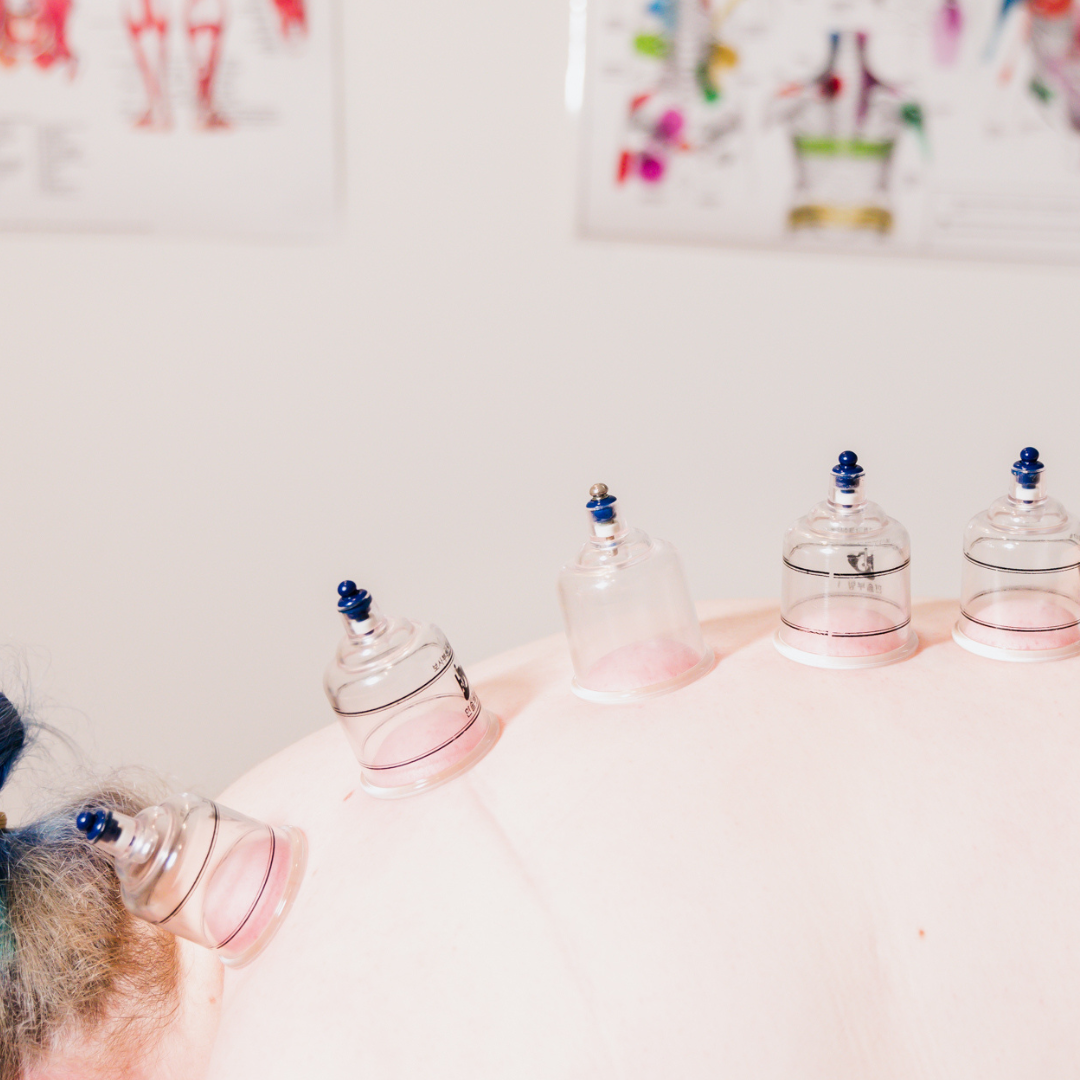
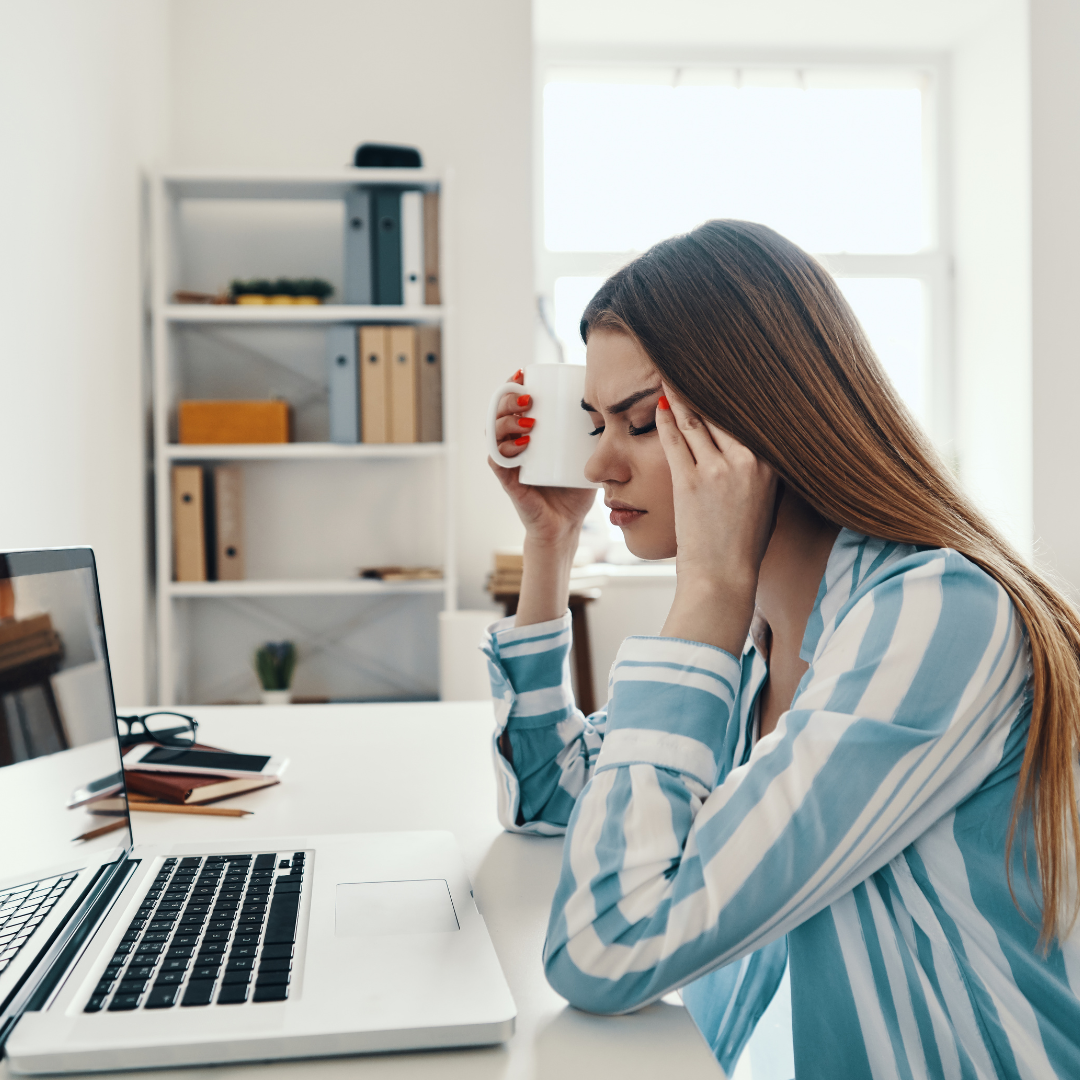
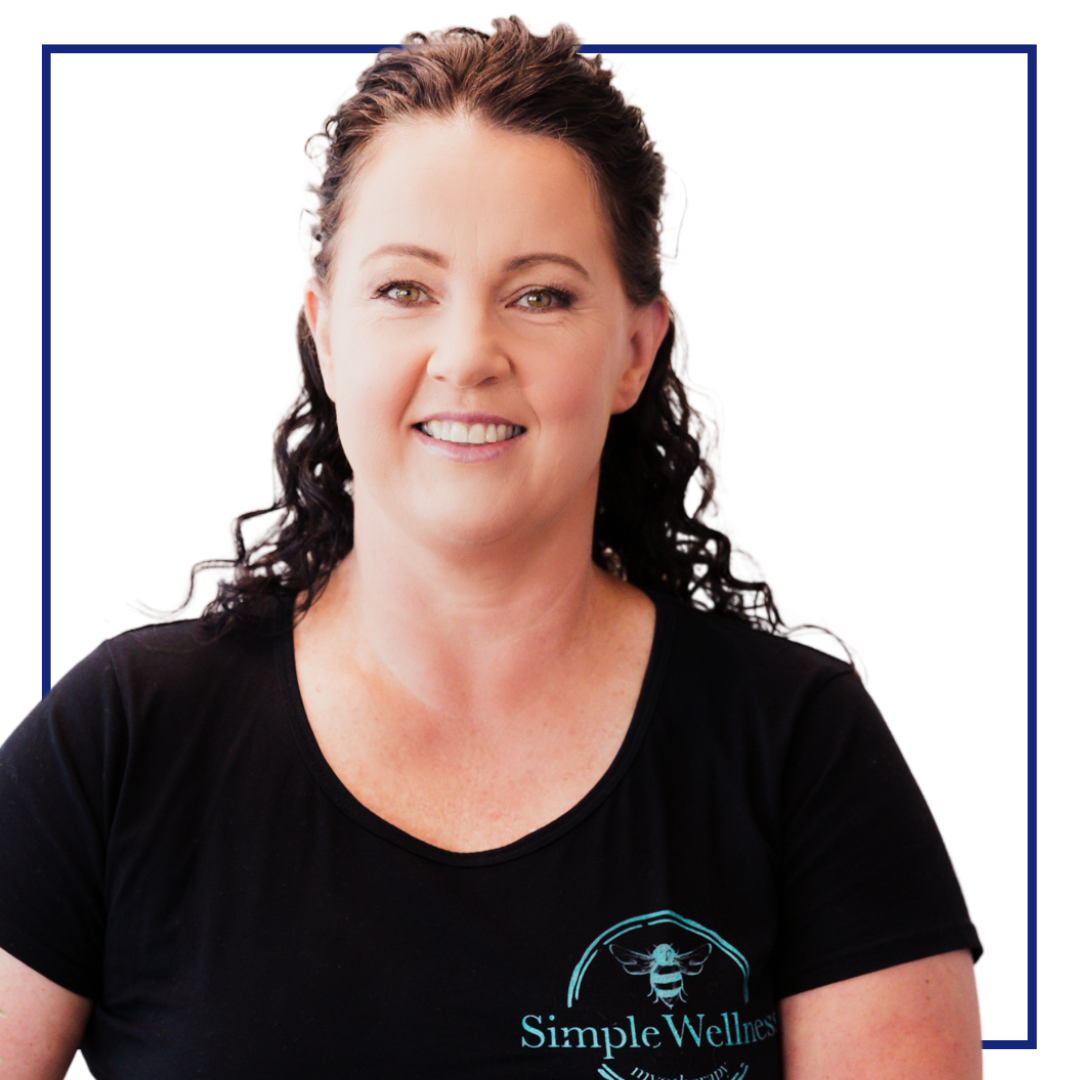

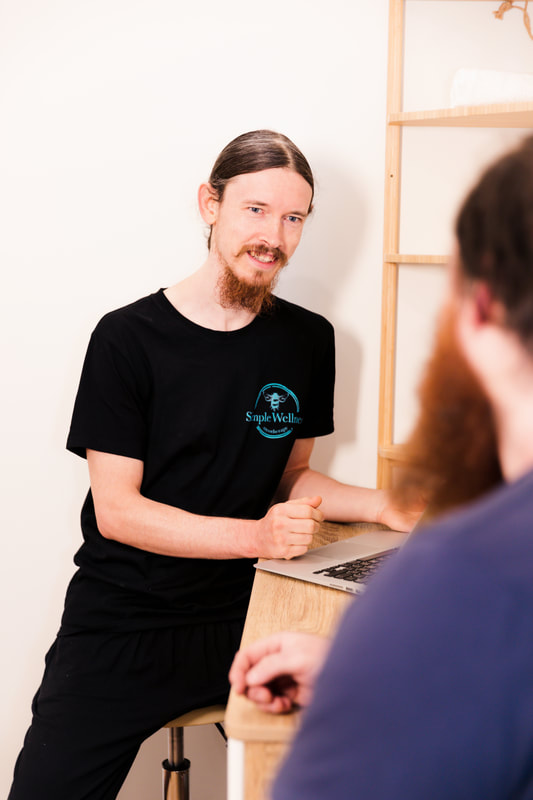
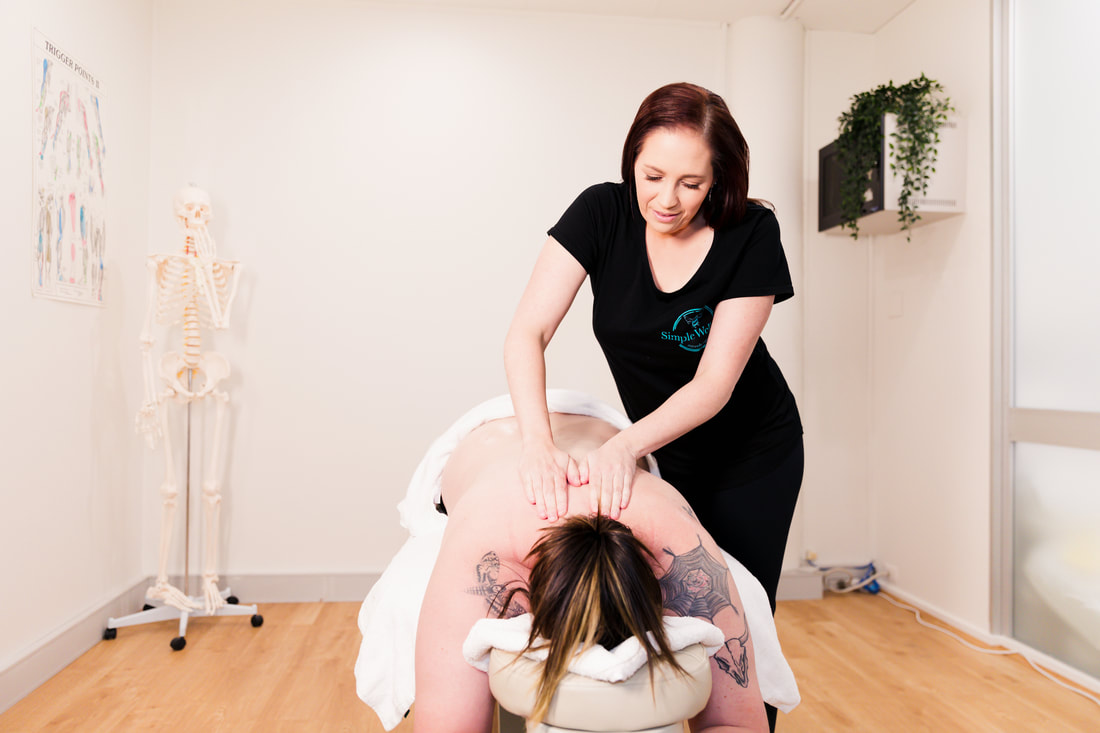
 RSS Feed
RSS Feed